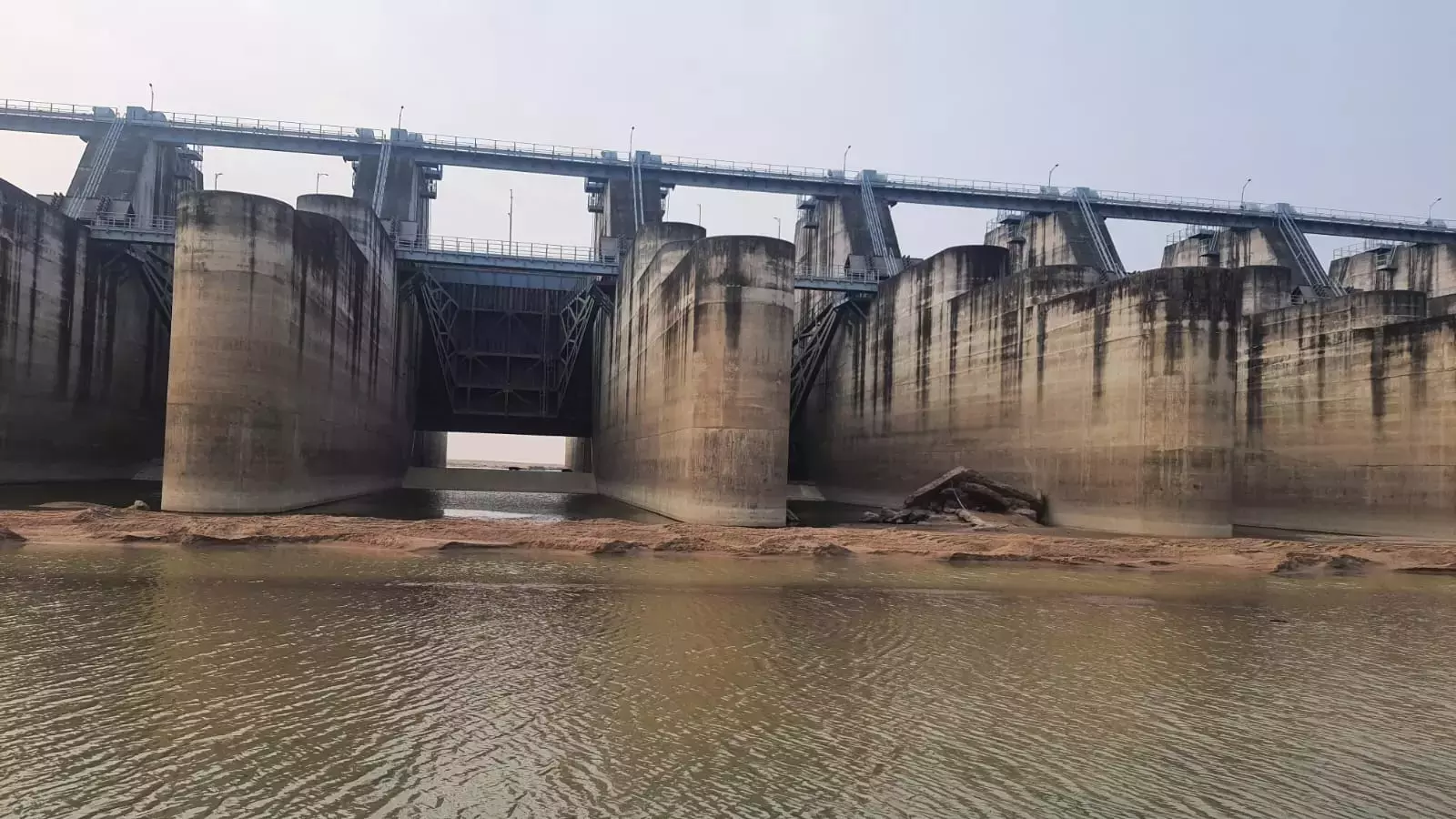Vigilance report spotlights KLIS design flaws, rush, cutting corners

Hyderabad:Repeated change of designs of the barrages of the Kaleshwaram project, cutting corners to save on costs, and no supervision of maintenance were among the reasons that led to the problems at Sundilla, Annaram, and Medigadda barrages, an investigation into the causes of problems and damages at the barrages by the vigilance & enforcement wing is learnt to have found.
The V&E wing is learnt to have submitted its report to the government two days ago.
There are several damning findings in the report, it is learnt, among which were the option to go with what is known as the ‘secant pile system’ and poor supervision of the construction using this system. The secant piles were not handled properly, and, combined with the absence of required maintenance, was among the reasons for the disaster at Medigadda where part of Block 7 of the barrage sank and three piers developed cracks.
The report is also learnt to have concluded that the secant pile system approved by the irrigation department officials at that time was not suitable for the soil conditions at the barrage sites. The diaphragm wall cut-off designs that were originally proposed by WAPCOS, a Central PSU which prepared the detailed project report, were the ones that were suitable for the where the barrages were built, the V&E report is learnt to have concluded.
However, the government at that time chose the secant pile system as it was in a hurry to complete the project, and it was also cheaper. This was one of the causes that ultimately led to the problems at the Sundilla, Annaram and Medigadda barrages, it is learnt.
The government is expected to hand over the report to the Justice P.C. Ghose commission of inquiry which has asked for the V&E report along with the report from the National Dam Safety Authority among many other documents pertaining to the planning, construction and maintenance of the Kaleshwaram barrages.
The V&E report is also learnt to have highlighted the repeated changes in designs which also contributed to the poor execution of the works. The report is learnt to have pointed out that the contracting agencies got involved in the design details, and, at Medigadda in particular, irrigation department officials exhibited various levels of negligence right from the time of planning for the barrage, through its construction and, once it was operational, on its maintenance.

